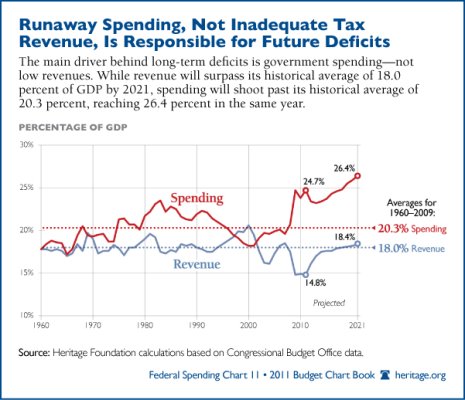ERD50
Give me a museum and I'll fill it. (Picasso) Give me a forum ...
Amoral | Define Amoral at Dictionary.com
"Synonyms
See immoral. "
Wait, now I'm confused. What did nun mean?
One for the grammar thread!
I thought I knew what nun and I meant, but now I'm confused too.

Oh well, in this context, I think we both took amoral to align with that first definition:
not involving questions of right or wrong; without moral quality; neither moral nor immoral.
Dang English language! -ERD50


